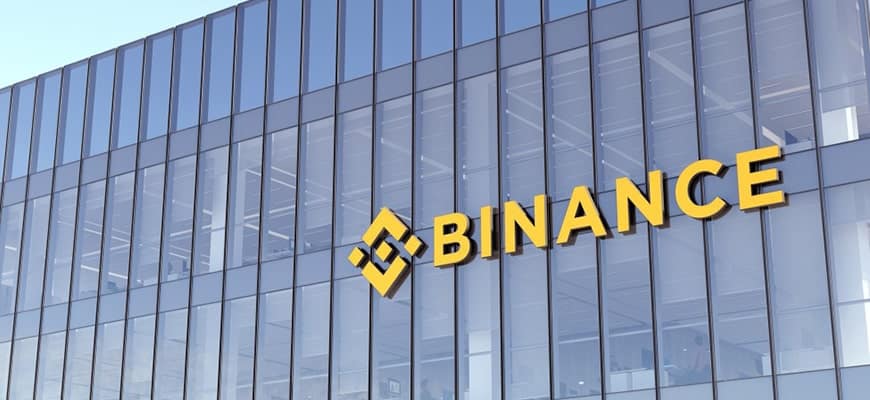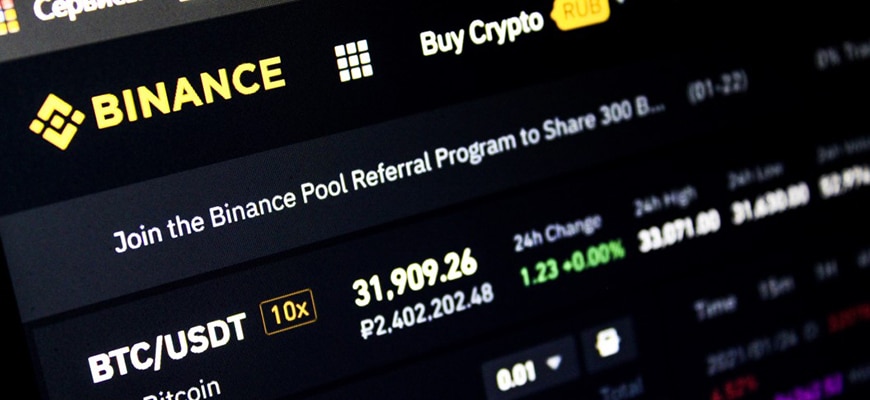Governance are the people or organizations that have the power to make decisions about a project.
What is Governance?
Chain-based governance is the basic structure for voting in a blockchain. In blockchain governance, rules about who can vote and make decisions are built into the blockchain itself. Thus, proposed changes must be approved by all nodes in the blockchain network and accepted in the governance rules on the chain. Specialists working on the project send out proposals with the proposed changes to everyone, and nodes have the ability to either accept or reject the changes. On-chain governance is considered more consistent with decentralized cryptocurrencies in many aspects. Since all nodes are given the right to accept or reject the proposed improvement, decisions are made in a participatory manner. Of course, there are also some concerns about this structure putting more power in the hands of miners.
Inchain governance is the second decision-making structure adopted by cryptocurrency projects. Bitcoin and Ethereum are managed using off-chain management. Under this method of governance, developers, miners, users and business supporters can participate in decision-making. For example, bitcoin has a group of code developers who work on the project. They exchange information through various mailing lists and social media channels and accept or reject changes. Suggestions for development are collected and reviewed by the core development team. However, these changes are not written into the blockchain code, and approval by all miners and nodes is not required. In this respect, off-chain management is more like traditional business management and limits the level of decentralization in the project.
To facilitate a more decentralized voting process, many blockchain-based projects have introduced management tokens. Management tokens are bought and placed so that the stakeholder has a say in the voting and decision-making process for all aspects of the project. The most popular application of management tokens is in decentralized autonomous organizations (DAOs). Such organizations do not have a centralized governance system, but depend on a pool of stakeholders who are empowered to vote.








